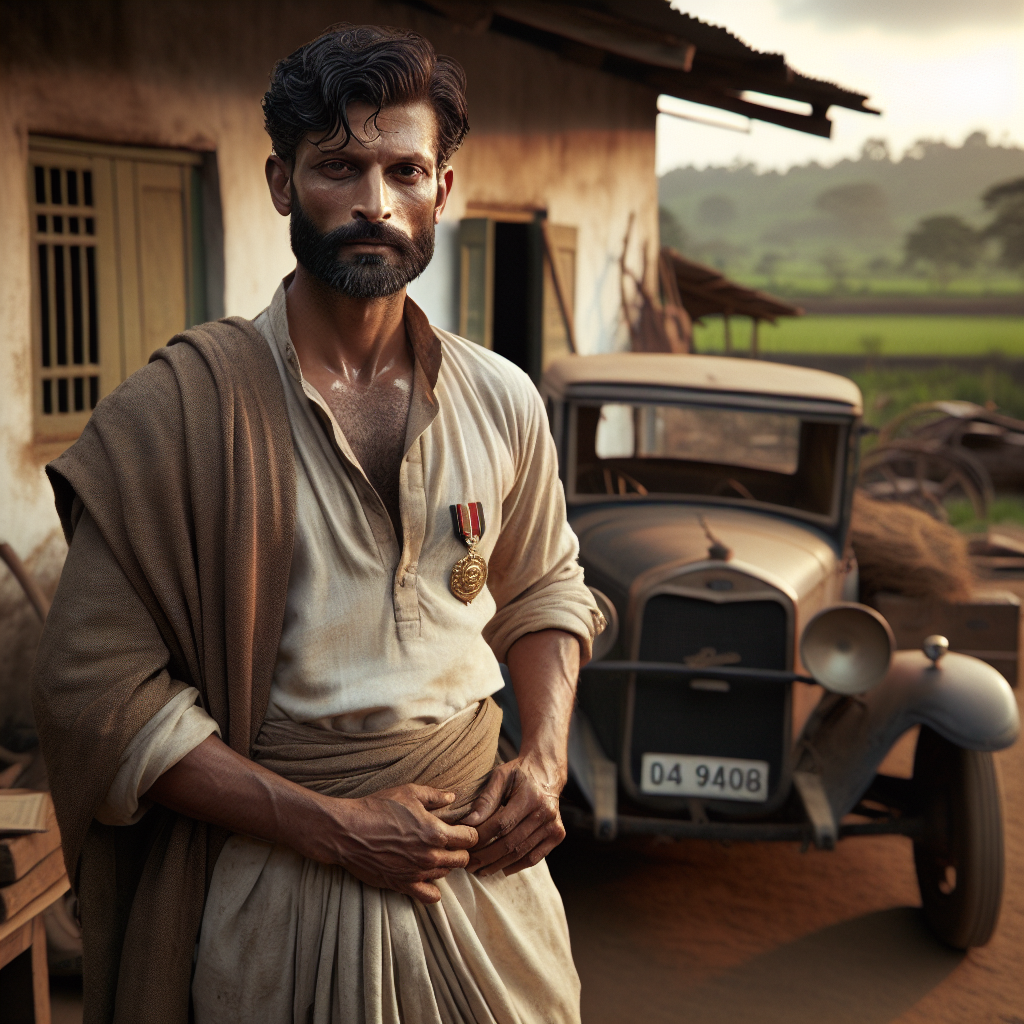Former Guerrilla Leader Who Became Known as the “World’s Poorest President”
Former Guerrilla Leader Known as the “World’s Poorest President”
Introduction
José Mujica, a former guerrilla leader, rose to international fame as the President of Uruguay, earning the nickname “World’s Poorest President” due to his austere lifestyle and dedication to social justice. His unique approach to leadership and governance has left a lasting impact on both Uruguay and the global community.
From Guerrilla to President
José Mujica’s journey from a revolutionary fighter to a respected statesman is a remarkable story of transformation and resilience.
- In the 1960s and 1970s, Mujica was a member of the Tupamaros, a left-wing guerrilla group in Uruguay.
- He spent over a decade in prison, enduring harsh conditions before being released in 1985.
- Mujica transitioned into politics, eventually becoming Uruguay’s President from 2010 to 2015.
A Presidency Marked by Humility
Mujica’s presidency was characterized by his modest lifestyle and commitment to equality.
- He donated approximately 90% of his presidential salary to charity, living on a small farm with his wife.
- Mujica drove a 1987 Volkswagen Beetle, symbolizing his rejection of material wealth.
- His policies focused on social welfare, education, and environmental sustainability.
Global Influence and Legacy
Mujica’s leadership style and values resonated worldwide, inspiring many with his message of simplicity and compassion.
- He advocated for legalizing marijuana to combat drug trafficking and improve public health.
- Mujica emphasized the importance of reducing consumption and focusing on happiness over wealth.
- His speeches at international forums highlighted the need for global cooperation and empathy.
Conclusion
José Mujica’s life and presidency serve as a powerful reminder of the impact of humility and integrity in leadership. His dedication to social justice and equality continues to inspire individuals and leaders around the world, proving that true wealth lies in the well-being of society rather than material possessions.






































